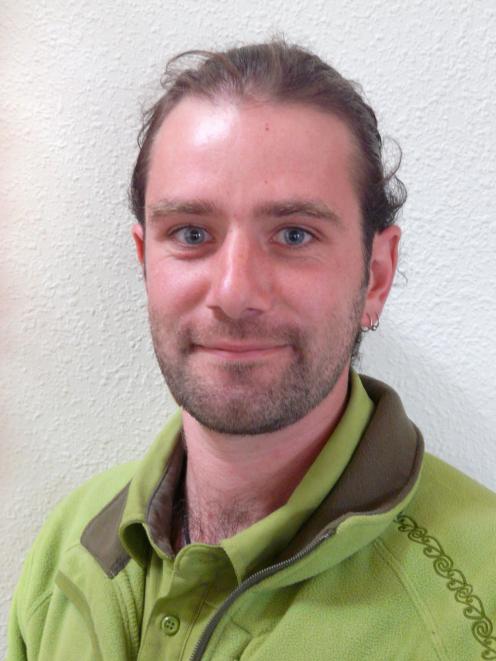
Clutha's responsible camping ranger, Scott Martin, presented his annual report to the council during its regulatory services committee meeting in Balclutha yesterday afternoon.
For the past two years, Mr Martin has been co-funded by Clutha, Doc and the Southland District Council to patrol the Catlins and wider Clutha district between October and Easter.
Although his findings showed most campers were "keen to do the right thing", a small minority continued to infringe against district bylaws and cause "frustrations" for residents and legitimate campers alike.
He said those using fake self-containment accreditation stickers were also in a minority, despite media coverage highlighting the issue, and a matching public perception.
This meant the underlying issue was one of current accreditation requirements and processes, which set the bar for self-containment "too low".
Mr Martin said he would support tighter regulation for self-containment.
"There are at least seven organisations that inspect and certify self-containment in New Zealand, one of which is any registered plumber. Only two of those have a public online database to easily check self-containment validity.
"What's required is a single inspection and issuing authority nationwide to provide control and consistency, underpinned by a change to the requirements for self-containment."
Present stipulations meant that simply carrying a cassette toilet "under the bed", a sink, four litres per person per day freshwater and grey water provision, and a bin qualified a vehicle for self-containment certification.
Mr Martin said a move to a minimum floor area for vehicles and requirements such as a separate toilet cubicle would improve compliance and reduce potentially undesirable freedom camping.
Following an acknowledgement by councillors of Mr Martin's work since 2017, council chief executive Steve Hill said the council now needed to consider its own approach to setting new freedom camping bylaws later this year.
"The question for council is to consider whether it wishes to continue to be permissive, as at present, or prescriptive, defining limited areas where camping is permitted."
Comments
The reality is its not the mode of camping which is the problem - its the people -its the people. We met with industry representatives yesterday and education and facilities were acknowledged as being the greatest need moving forward - NOT certification of self containment which is very discriminatory against the majority of freedom campers. That those campers with certified self contained campers claim some sort of moral high ground is unjustified and we noted this year there has been more negative publicity about certified campers than non certified campers. Self containment is certification NOT accreditation - our program which places the onus on the people is accreditation - please do not confuse the 2. Fake stickers not being the problem was acknowledged yesterday but non complaint camper-vans that are certified as being compliant is now the big issue. One council checked certified camper vans for compliance and found over 80% did not comply and yet were certified as compliant. This tallies with our own check's on the actual check sheets that showed about 56/60 to be non compliant, but had been issued certificates of compliance anyway. It is time for a new old boys club.












